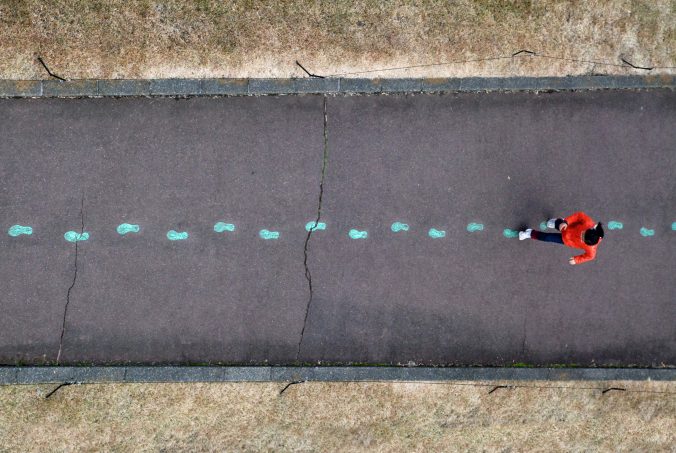An experiential learning environment is just as it sounds, a learning environment where learners will do more hands-on activities and learn from the outcome. In other words, giving students the chance for first hand experience and through the results is a lesson learned. This is usually done through the purposeful changes of variables or equipment so as to achieve different results. For example in a science classroom students may mix together liquids of different pH levels, and after some trials they will see that mixing a solution with a high pH (a basic solution) with one with a low pH (an acidic solution) they will see the resulting solution be less basic than the first solution and also less acidic than the second. This would in turn give the learners the chance to conclude that basic solutions can neutralize acidic solutions when mixed. The experience not only acts as a teacher, but also a way to solidify the learned lesson in their minds, and thus through an experiential learning environment, those students would have increased their understanding of chemistry.
In terms of applying this to my group’s topic of cooking I don’t believe the experiential approach would work very well, at least not on its own. When it comes to cooking there are many bits of information that new cooks should simply be told at the start. Some examples are:
- Tucking your fingers when using a knife to avoid cuts
- Turning off the stove when you’re not using it
- Shutting the fridge
- The internal temperature meat should have to avoid food poisoning
All the above are not things learners should come by through trial and error, and a more direct approach would undoubtedly be much safer and equally as effective. However, there is a certain amount of trial and error in the kitchen, in the form of flavors. It’s hard to tell someone how much salt to add or exactly how many leaves of basil to add to a pasta sauce to make it taste best. So to conclude, experiential learning would not be an all encompassing answer for our topic, but allowing for a certain amount of experimentation later on in the course could see our learners walk out better chefs than if it had not been there.

Recent Comments